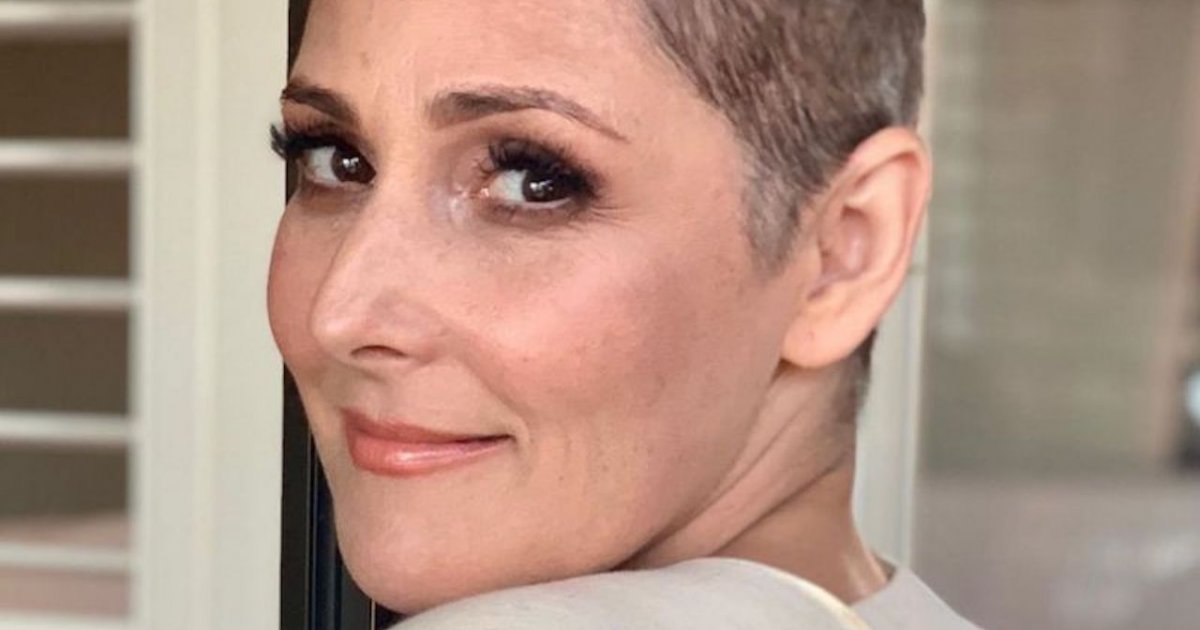Working through Hair Loss
- Actress Ricki Lake, 52, has been feeling more confident after years of struggling with hair loss unrelated to cancer.
- Though she has not dealt with the other physical and emotional side effects from being sick, she can identify with what some cancer patients say is one of the toughest things to go through.
- One cancer warrior tells SurvivorNet how she embraced her hair loss with the support from her family, who shaved their heads in solidarity, which gave her the confidence to hold her head up high.
After years of struggling from hair loss, Lake’s locksand her confidencehave come a long way, having grown out past her ears.
Read MoreView this post on Instagram
The hair loss is not cancer-related, but the cancer community has lent their support over the years as Lake publicly vented her frustration with her issue, which she says occurred due to the wear and tear on her fragile hair while performing in the 1988 film Hairspray, and potentially due to hormone issues and stress.
Lake tragically lost her ex-husband Christian Evans to suicide in 2017. (She has two children with her former spouse, Rob Sussman.)
“I was never happier than when I was with him,” Lake recalled in an interview with TODAY last year. She and Evans were no longer married at the time of his death, but she was immensely affected by it.
“It’s a tragedy I don’t think I’ll ever recover from,” she said.
View this post on Instagram
Luckily, after years of self-admitted struggle the documentary filmmaker has been bouncing back. Likely to be helping her good spirits as of late, on top of her hair finally growing out again, is getting back to work.
“A day in the life on set with my little princess. @mamabuddhalake #actingagain,” the New York-born star teased of her new gig.
View this post on Instagram
Hair Loss During a Cancer Battle
Many cancer patients say that hair loss, a common side effect of chemotherapy treatment, is often one of most feared side effects from cancer treatment. Salt Lake City resident Stephanie Hess already knew what to expect after getting diagnosed with stage 3 ovarian cancer. She had seen her mother and some friends go through it, and was devastated over the thought of losing her hair.
"Because my mom had passed away from cancer, I knew what it felt like…The thought of losing your hair, that's the ultimate indicator of being a cancer patient." she said in an interview with SurvivorNet. "I didn't want to be bald."
Hair loss during treatment occurs because the drugs target quickly-dividing cells throughout the body. Both cancer cells and hair cells fall into this category. Women may also lose their eyebrows and eyelashes, too. All of this hair loss can have a big effect on your self esteem.
For most cancer patients, the hair will start growing back shortly after treatment, and in the meantime, some cancer patients choose to embrace their new look.
Making Peace With Hair Loss Stephanie Hess Shares Her Ovarian Cancer Story
Hess quickly realized that she wasn't alone in her chemotherapy journey. "My cute seven-year-old son shaved his head about two weeks after I shaved my head," she says. "I had a nephew that was living in Las Vegas at the time, and he had shaved his head for me."
Her two nieces, one of whom was in her 20s and the other in her 30s, also shaved their heads. "I hadn't asked them to. I had no idea," she recalls. "I got a text with their shaved heads and I just cried and cried because it was so freeing."
The first time Hess felt good enough to go out to dinner with her family, she was nervous about how her new look might be received. Then she spotted her niece, with her own newly shaved head. "She didn't wear a hat or a scarf or anything. She just was completely bald," Hess said. "Walking into that restaurant with my niece who was bald… helped me not be so afraid."
While hair loss can be very difficult to deal with, many women eventually consider it an empowering part of their cancer fight. Thinking of hair loss as a temporary setback rather than a permanent problem can help some women, and men, make peace with it.
Learn more about SurvivorNet's rigorous medical review process.

